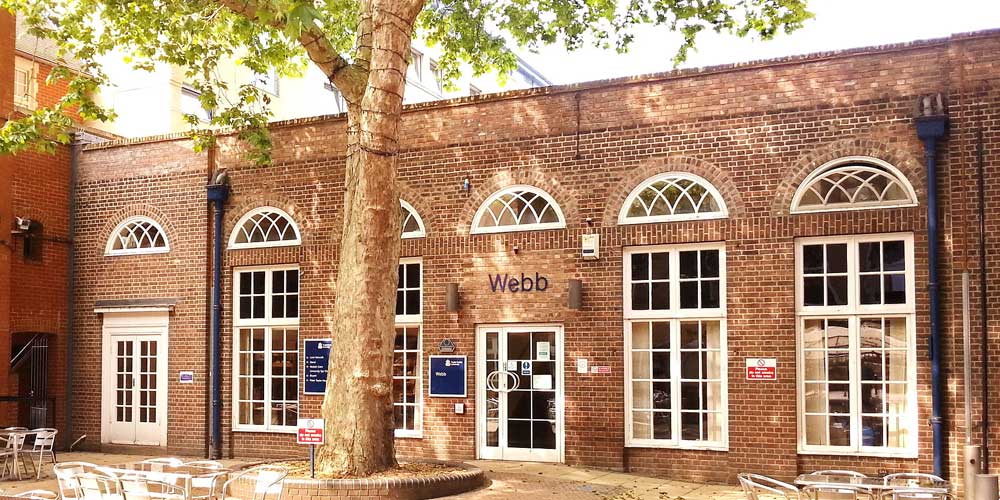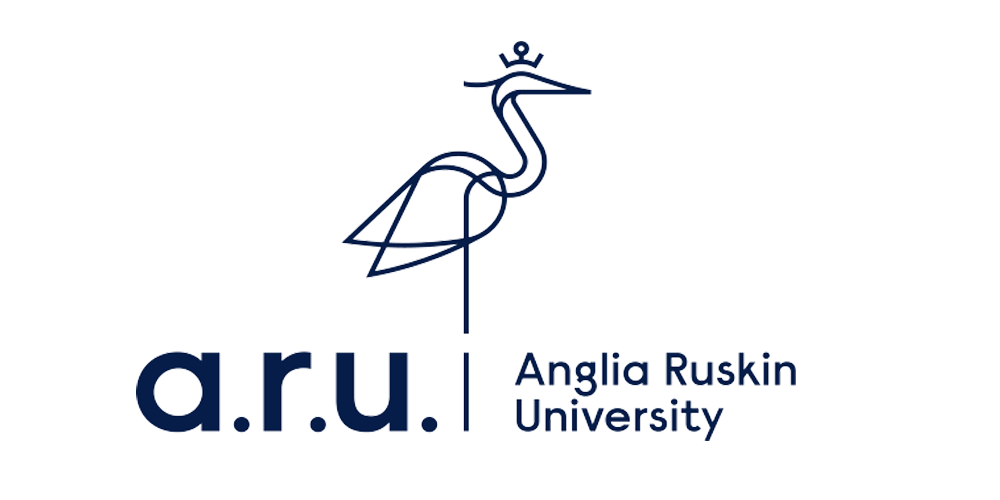Cambridge partnership
Professor Stebbing Cell and Molecular Biology Laboratory
Action Against Cancer is delighted to have part funded the establishment of a new research centre for Professor of Biomedical Sciences Justin Stebbing.
The laboratory will make substantial advances in the knowledge of processes that contribute to cancer through conducting and publishing outstanding research.
Work is challenging standard conjecture and building on previous studies, in particular those that lead to establishing new paradigms in the causes, development, diagnosis, treatment, or prevention of cancers, and in processes that drive the spread of cancer.
"Professor Stebbing is a truly pioneering paradigm-defining scientist."
Dr William R Polkinghorn, Memorial Sloan-Kettering Cancer Center, New York
"Professor Stebbing is not only a dedicated and compassionate physician, but is also one of the most innovative translational scientists in the world. This rare combination holds tremendous promise that his research efforts will lead to significant breakthroughs in our lifetime."
Professor Vered Stearns, Johns Hopkins Kimmel Cancer Center, Baltimore
Anglia Ruskin University Cambridge
The Professor Stebbing Cell and Molecular Biology Laboratory is at Anglia Ruskin University Cambridge (ARU). An innovative global university, voted in the top 40 in the UK, ARU traces its origins back to 1858.
Research at ARU has world leading impact, as assessed by the Research Excellence Framework.
The University publishes full-text outputs on an open access basis and is involved in a nationwide initiative to help embed public engagement in universities. This will enhance the future of research and benefit the UK society and economy.
Broad remit to save lives
Across cancer biology, research from the new laboratory encompasses a broad remit synergising the life sciences and biomedicine, from the most fundamental and theoretical work, through to translational, applied, and clinical research.
Areas include, but are not limited to, the cellular and molecular biology of cancer including resistance to cancer therapies, and development of better approaches to improve the survival of cancer patients.
Research approach
A team of researchers has been established, supported by a network of stakeholders that focus on the mechanisms of the formation of cancer. Using an AI-based approach, this translational research is concentrating on five core areas, centred around the theme of precision medicine:
- non-coding RNAs in cancer and gene regulation;
- kinases and signalling pathways that act to promote metastasis;
- use of circulating tumour cells and cell-free DNA as biomarkers;
- immunotherapy and the measurement of the immune response in cancer;
- mechanisms underlying genomic instability in both cancer and normal tissues.
Why this research is important
"Cancer is a leading cause of death worldwide, with almost 10 million losing their lives to it each year. To make serious inroads into this challenge will require innovative thinking, taking calculated risks and the ability to adapt and move quickly. These will be the guiding principles at my new laboratory.
Research is the discovery of the unknown. To conceive of experiments aimed at discovering something completely unknown demands great imagination. This is big science with big aims: to develop cures and save lives."
Professor Justin Stebbing
With a new dedicated laboratory at Anglia Ruskin University Cambridge, Professor Stebbing is taking his cutting-edge research to the next level, to make a real and lasting difference for cancer patients.
Saving lives and making history
Back to 'News and Events' main menu


Other News and Events

Celebrities support AAC!
Action Against Cancer Ambassadors Julian and Cat O'Dell's live music fundraiser event Catfest has been a huge success over the past few years... Read more
Fundraise from your Facebook page!
You can now raise vital funds for life saving research right from your Facebook page. This is a really effective way to fundraise and is super easy... Read more
Big step closer to new drug
One of the first projects Action Against Cancer funded after establishing as a charity in 2011 resulted in the discovery of a cancer... Read more
